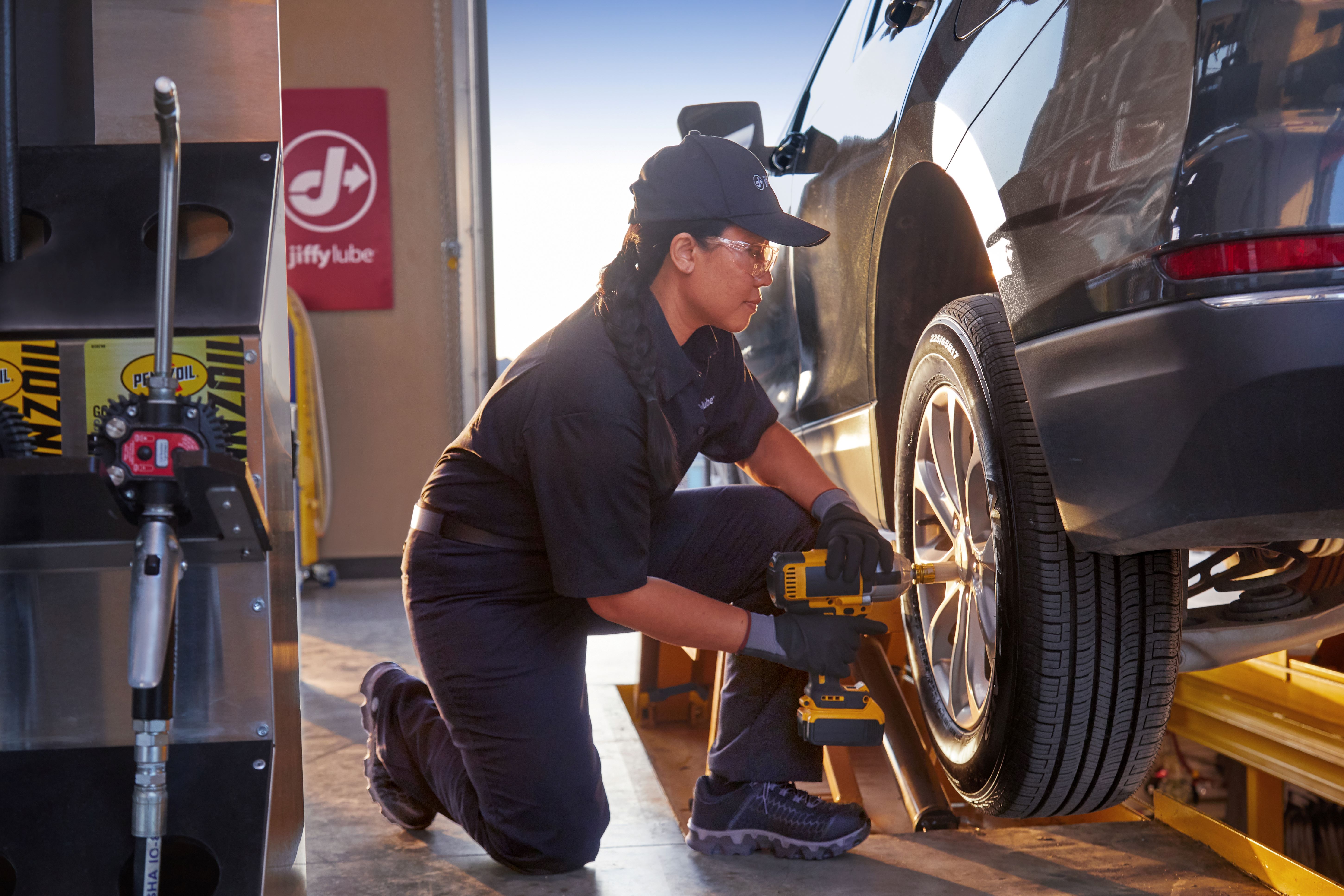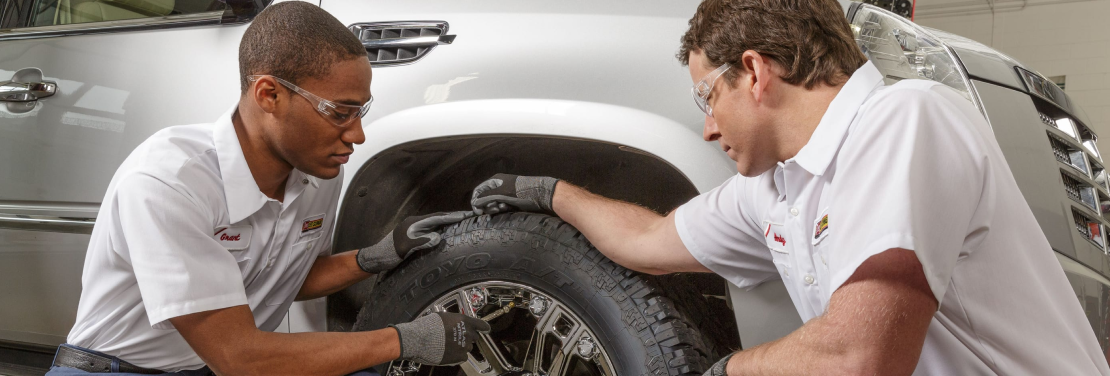Tire Solution: Recognizing Tire Pressure Surveillance Equipments
Recognizing Tire Stress Tracking Systems (TPMS) is an essential element of preserving optimal car efficiency and safety and security on the road. With developments in auto modern technology, TPMS has become a standard function in contemporary cars, providing real-time information on tire stress levels.

Value of TPMS
The relevance of Tire Stress Monitoring Equipments (TPMS) lies in their ability to enhance lorry safety and efficiency through real-time monitoring of tire pressure levels. Preserving the appropriate tire stress is crucial for making sure optimum handling, braking, and general security of a vehicle. TPMS provides vehicle drivers with immediate responses on any kind of underinflated or overinflated tires, permitting timely modifications to be made.
Parts of TPMS
Sensing units are generally located in the tire valve stem or affixed to the wheel assembly, where they determine tire pressure and transmit information to the control component. Some progressed TPMS models additionally show the real tire stress analyses for each tire, offering drivers with real-time information to make sure optimum tire performance and security. By keeping an eye on tire pressure continually, TPMS aids avoid crashes, minimizes tire wear, and enhances fuel effectiveness, making it an important element for car safety and security and performance. morris tire and alignment.
Sorts Of TPMS

On the various other hand, indirect TPMS counts on the lorry's wheel speed sensing units to check tire pressure. This system detects underinflation by comparing the rotational rates of the wheels. Indirect TPMS is less costly than direct TPMS, as it makes use of existing sensors within the vehicle.
While direct TPMS offers a lot more accurate analyses, indirect TPMS is simpler in design and generally needs much less maintenance. Both systems have their benefits and restrictions, and the option between them typically relies on factors such as expense, automobile make, and individual choice. Comprehending the distinctions between these 2 kinds of TPMS can assist content vehicle owners make notified choices relating to tire maintenance and safety and security.
TPMS Maintenance Tips
Reliable maintenance of TPMS is crucial for guaranteeing optimal performance and safety of your automobile. Frequently checking the TPMS sensors for any damage or deterioration is essential. Ensure that the sensing units are totally free and tidy from particles that could disrupt their performance. Furthermore, it is suggested to examine the sensor batteries occasionally and change them as needed to guarantee precise analyses. Conduct routine look at the tire stress levels and compare them with the TPMS analyses to ensure they are consistent. Recalibrate the system complying with the producer's standards if there are any type of discrepancies. In addition, throughout tire turning or replacement, make certain that the TPMS elements are handled thoroughly to avoid any possible damages. If the TPMS warning light illuminates on the control panel, address the problem without delay by examining the tire pressures and the general system for any kind of mistakes. By sticking to these upkeep ideas, you can prolong the lifespan of your TPMS and improve the security of your driving experience.
Benefits of Correct Tire Pressure
Preserving appropriate tire pressure, as highlighted why not try these out in TPMS Upkeep Tips, is important for reaping the numerous advantages linked with ideal tire stress levels. In addition, proper tire stress ensures even tire wear, extending the life expectancy of the tires and advertising much safer driving conditions. In conclusion, the advantages of appropriate tire stress go past simply tire long life; they include improved gas efficiency, improved safety and security, much better car efficiency, and total driving convenience.
Final Thought
In final thought, understanding tire pressure monitoring systems (TPMS) is crucial for maintaining optimum tire stress and guaranteeing lorry security. By identifying the significance of TPMS, being familiar with its elements, knowing the various kinds readily available, adhering to proper maintenance suggestions, and realizing the benefits of preserving appropriate tire pressure, vehicle drivers can enhance their driving experience and extend the life expectancy of their tires. Correct tire stress is vital to safe and efficient vehicle operation.

Comments on “Obtain Expert Tire Solutions at Tire Shop Morris: Fulfillment Guaranteed”